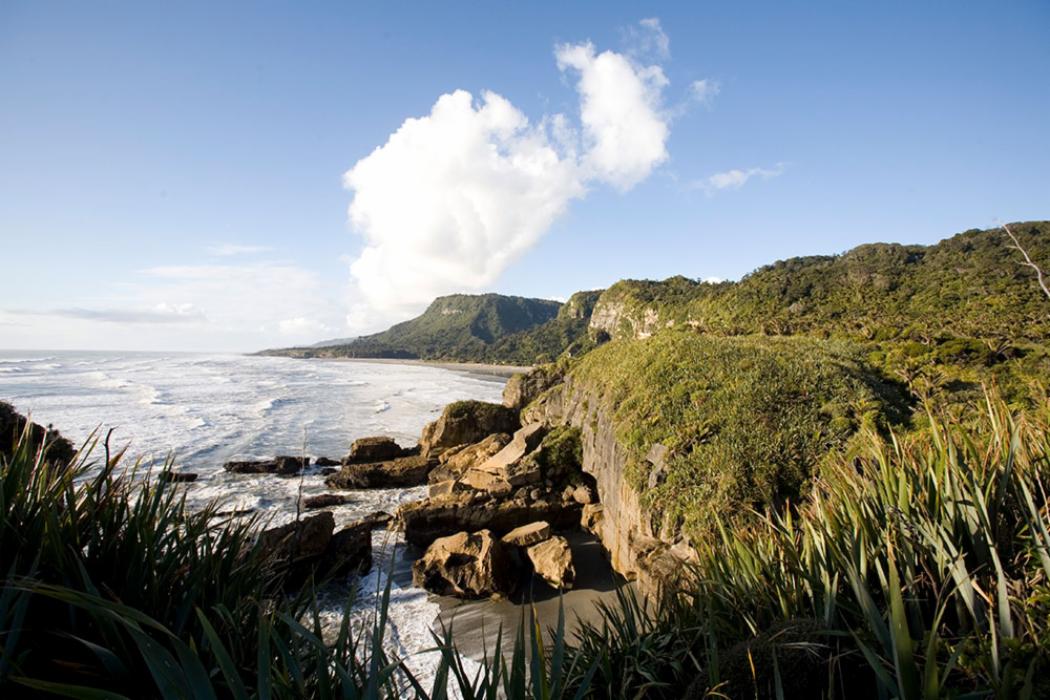Sustainable Coasts
Introduction
With more than half of the world’s population living in coastal zones, many nations are dependent on the ocean to sustain life and economy. In this subject, you will learn how to manage our coastal and marine resources.
Aotearoa as an island nation has a unique history and cultural narrative with its coastal settlements and marine resources, and is a living laboratory for learning how to live sustainably.
Sustainable Coasts offers study in the diverse ecosystems, functions, and dynamic changes of coastlines and ocean life.

